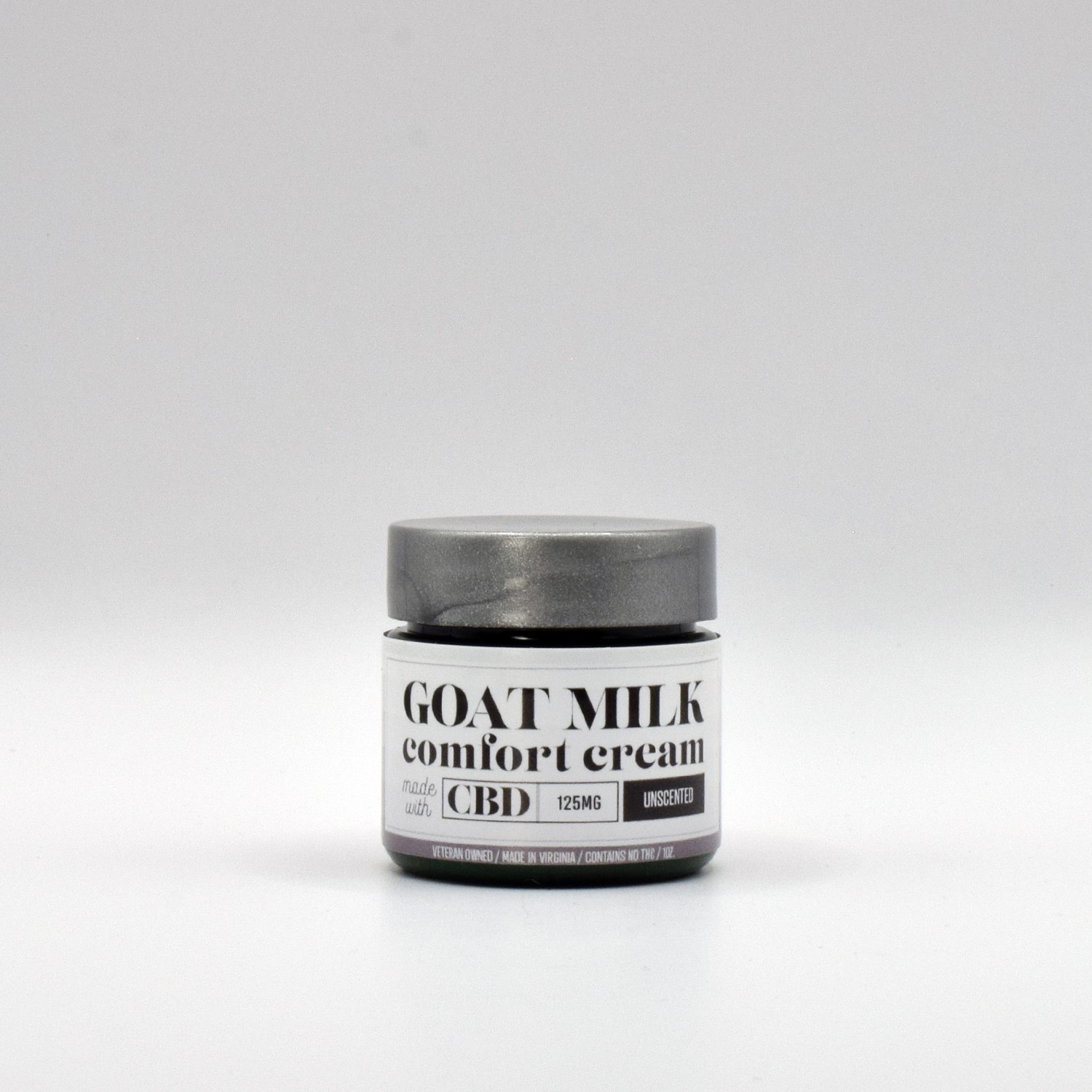The Role of CBD Products in Promoting Wellness and Alleviating Discomfort: An In-Depth Check Out Their Advantages
The emergence of CBD items has triggered considerable rate of interest within the healthcare area, mainly due to their possibility in promoting wellness and minimizing discomfort. Exploring these facets may disclose not only the degree of CBD's healing potential however also its ramifications for future health practices.
Recognizing CBD and Its Quality
CBD, or cannabidiol, is a compound stemmed from the marijuana plant, known for its prospective healing residential properties. Unlike its more well-known counterpart, THC (tetrahydrocannabinol), CBD is non-psychoactive, indicating it does not generate the "high" generally connected with marijuana usage. This characteristic makes CBD particularly appealing for those seeking remedy for numerous health problems without the intoxicating impacts.
CBD connects with the endocannabinoid system (ECS) in the body, which plays an important function in keeping homeostasis. The ECS consists of receptors, endocannabinoids, and enzymes that interact to regulate different physiological processes, including mood, sleep, and immune action. Research study shows that CBD might influence the ECS by enhancing the degrees of endocannabinoids or by regulating receptor task.
Along with its communication with the ECS, CBD displays anti-inflammatory, antioxidant, and neuroprotective buildings. These features add to its growing appeal in the health sector, specifically for handling problems such as stress and anxiety, chronic pain, and sleep disorders. As scientific questions into CBD proceeds, its prospective applications in health and wellness and wellness remain a vibrant area of exploration.
Mechanisms of Discomfort Alleviation
The systems of pain alleviation connected with cannabidiol (CBD) involve complex communications within the body's endocannabinoid system (ECS) The ECS plays a critical duty in controling various physical procedures, including discomfort assumption. CBD engages with cannabinoid receptors, particularly CB1 and CB2, which are distributed throughout the central and outer anxious systems. By binding to these receptors, CBD may regulate natural chemical release and lower the transmission of pain signals.
Furthermore, CBD has been revealed to have anti-inflammatory buildings, which add to its analgesic effects. By hindering the production of pro-inflammatory cytokines and arbitrators, CBD can help minimize discomfort related to inflammatory conditions. In addition, CBD may boost the levels of endocannabinoids, such as anandamide, which can even more advertise pain alleviation through boosted receptor activation.
Additionally, CBD's impact on the serotonin system may supply added pathways for discomfort inflection. By communicating with serotonin receptors, CBD might reduce pain and enhance total well-being. Collectively, these devices illustrate exactly how CBD can offer as a multifaceted agent in the administration of discomfort, offering prospective advantages for people suffering from different painful conditions.
CBD for Stress And Anxiety Monitoring
Anxiety problems affect countless people worldwide, motivating the expedition of various treatment choices, including all-natural solutions. Cannabidiol (CBD), a non-psychoactive compound obtained from the cannabis plant, has actually gotten focus for its possible duty in anxiety management. Research recommends that CBD may engage with the endocannabinoid system, which plays a crucial duty in managing state of mind and anxiety actions.

Unlike traditional anxiolytic medicines, CBD supplies a beneficial adverse effects profile, making it an attractive choice for those seeking option treatments. Customers frequently report feeling calmer and more relaxed without the sedation commonly connected with pharmaceutical therapies. While additional research study is required to establish ideal dosages and lasting results, the existing evidence highlights CBD's potential as a valuable device in handling anxiety disorders and boosting general mental wellness.
Anti-Inflammatory Effects of CBD
Countless research studies have highlighted the anti-inflammatory buildings of cannabidiol (CBD), suggesting its potential as a healing agent for numerous inflammatory conditions. CBD interacts with the body's endocannabinoid system, which find out here plays an essential duty in controling immune responses and swelling. By modulating the task of certain receptors, CBD can aid minimize the manufacturing of pro-inflammatory cytokines and inhibit the activation of immune cells that add to inflammation.
This anti-inflammatory result is particularly valuable for individuals suffering from chronic inflammatory conditions such as arthritis, multiple sclerosis, and inflammatory digestive tract disease - Quiet Monk CBD. By relieving inflammation, CBD not just helps to minimize pain however additionally improves total lifestyle for affected individuals
In addition, CBD's non-psychoactive nature makes it an appealing alternative for those seeking relief without the envigorating results connected with tetrahydrocannabinol (THC) As an all-natural substance, CBD uses an appealing choice to conventional anti-inflammatory drugs, which commonly come with a variety of side impacts. Proceeded research into the certain devices by which CBD exerts its anti-inflammatory impacts will certainly further illuminate its prospective as a risk-free and reliable therapy for various inflammatory disorders.
Current Research Study and Searchings For
Current examinations right into the therapeutic potential of cannabidiol (CBD) have yielded appealing results, highlighting its efficacy in handling different health and wellness problems, especially discomfort and inflammation. Many research studies have actually highlighted CBD's capability to check my reference modulate discomfort paths and lower inflammatory feedbacks, making it a prospect for dealing with problems such as joint inflammation, neuropathy, and chronic pain syndromes.
A systematic review published in 2023 synthesized findings from multiple clinical tests, disclosing that CBD significantly alleviated pain in individuals with persistent conditions, frequently producing fewer adverse effects than traditional analgesics. Research study indicates that CBD might engage with the endocannabinoid system, influencing pain assumption and inflammatory processes.

Verdict
In final thought, CBD items exhibit considerable possibility in promoting wellness and minimizing discomfort through their special interaction with the endocannabinoid system. Their anti-inflammatory, antioxidant, and neuroprotective properties add to reliable pain inflection and stress and anxiety decrease. Recurring study continues to uncover the considerable benefits of CBD, establishing it as an appealing all-natural remedy. As understanding of its systems deepens, CBD's duty in enhancing general wellness comes to be increasingly obvious in both professional and therapeutic contexts.